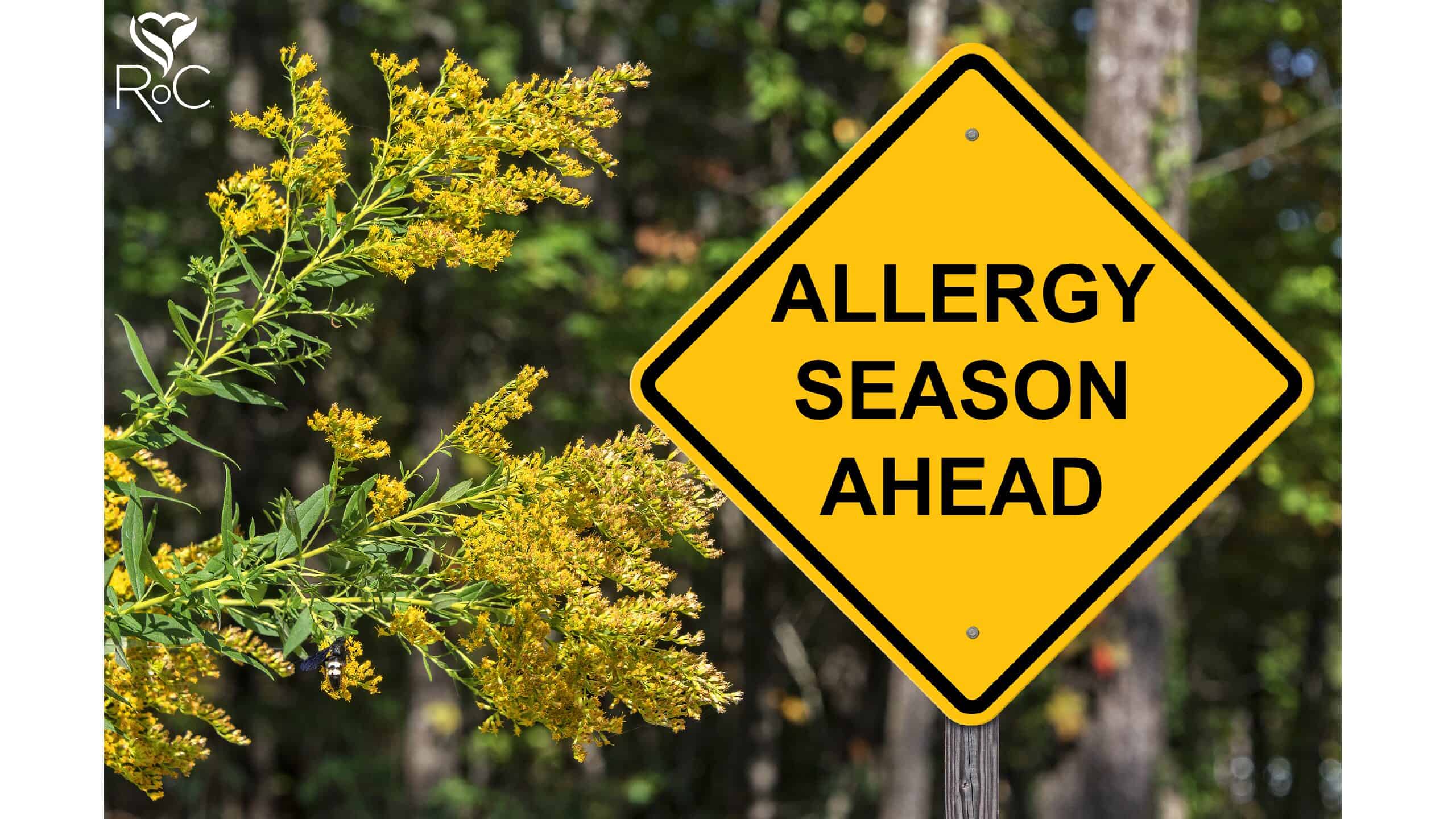Update on June 29th, 2021: Our collective efforts to oppose and veto HB21-1317 have failed. Governor Polis signed the bill and now our friends at Cannabis Clinicians Colorado and Buscher Law are suing the State to stop this bill from becoming law. This must happen so that we can prevent HB21-1317 from ending medical cannabis.
There is still time, but we need your action NOW.
How?
You can still sign the veto request.
Buscher Law is writing and filing this lawsuit and your letters are needed on how HB21-1317 will impact your practice or impact your healthcare. Please send your letters to [email protected] as quickly as possible, there is no time to waste.
For more information, read the damaging impacts this bill will have below.
Update on June 8th, 2021: On Friday, May 14th a bipartisan bill was introduced in the Colorado House to more strictly regulate high-potency THC products, imposing barriers to access for medical consumers as well as negatively affecting recreational buyers and cannabis businesses in Colorado. The proposed requirements aim to further regulate the legal purchase and sale of THC products, with damaging language that unfairly targets medical cannabis patients in the state. Members of the Colorado State Senate approved this legislation on June 3rd, 2021. The bill now will return to the House for a concurrence vote before advancing to the desk of Governor Polis.
As an example to how these requirements would affect one, a medical cannabis patient in Colorado who is 20 years old would need four, in-person doctor visits per year who will need to assess the patient’s mental health history (in addition to physical health) prior to approval. Once this patient is approved for their card, they will only be allowed to purchase 2 grams of a concentrate product per day and their personal information would be tracked to ensure they do not “dispensary hop”.
House Speaker Alex Garnett, a co-sponsor of this bill with Representative Yadira Caraveo (D-CO) has discussed combining this bill with an existing November ballot initiative seeking an additional tax on all recreational cannabis products sold in Colorado.
HB21-1317 proposes:
- That The Colorado School of Public Health shall conduct a report of “High-Potency THC marijuana and marijuana concentrate research”. The research is to study the “effect of high-potency THC marijuana on the developing brain and the effect of marijuana concentrates on physical and mental health” by systematically curating and synthesizing existing research as well as identify evidence gaps and new research that is needed. The purpose is to find “sufficient scientific evidence to make a recommendation regarding appropriate regulatory measures”.
- To limit concentrate purchases for medical and recreational consumers to 8 grams per day. Unless the patient is 18-20 years old, then their limit is 2 grams per day.
- Starting a new statewide tracking system to ensure that medical marijuana patients do not “dispensary hop” and buy their maximum allowed purchase amounts at multiple sites in the same day.
- Medical cannabis concentrate and retail cannabis concentrate must be sold in a package containing one gram, separated into no less than 10, equally-portioned amounts.
- Doctor’s who recommend medical cannabis must conduct a full assessment of their patients’ mental health history in addition to their physical health history.
- Medical patients 18-20 years old would need two in-person visits every 6 months with doctors who diagnose them as “having a debilitating or disabling medical condition”.
- Practitioners who make a medical cannabis authorization must include in their certification:
- The date of issue and effective date of recommendation
- The patient’s name and address
- The recommending physician’s name, address, and federal drug enforcement agency number
- The THC potency level recommended
- The dosage form
- The daily authorized quantity
- Directions for use
- The recommending physician’s signature
- That the Department of Public Health and Environment create a report from emergency room and hospital discharge data of patients who show conditions or a diagnosis that reflects cannabis use.
Take action now! Click the following link to oppose HB21-1317!
Send a message to your lawmakers in opposition of this effort with The Action Network.





